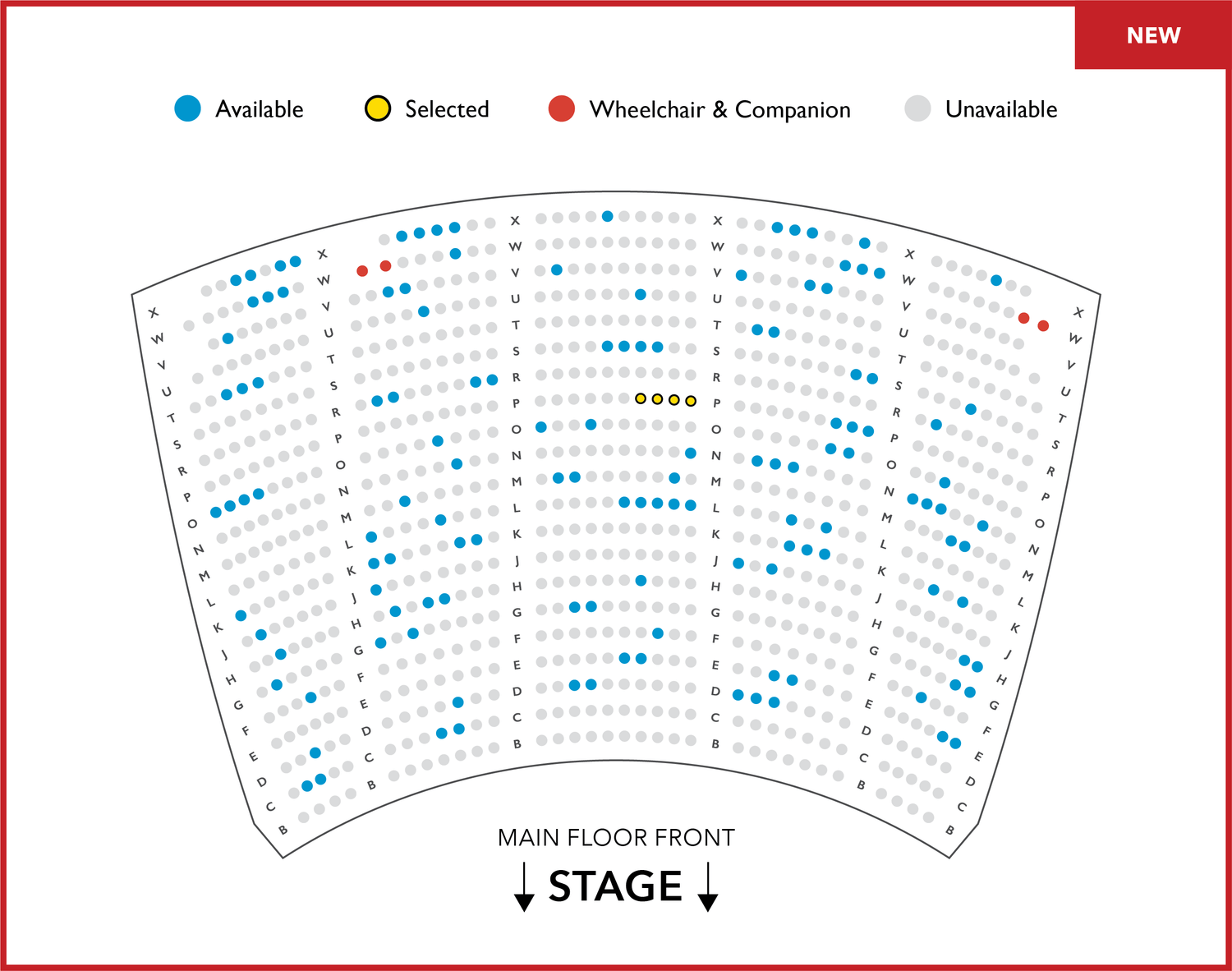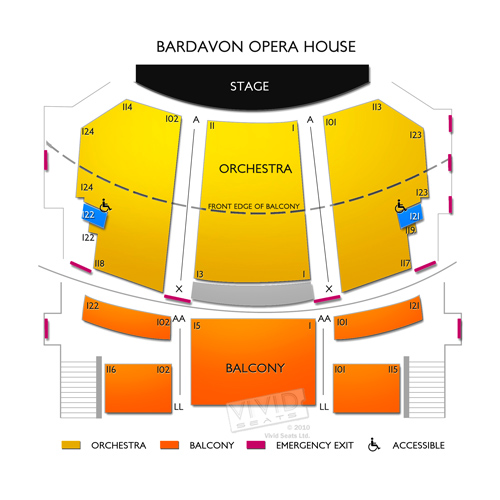
The original finale written for "Bel Canto," a quartet which was to have been sung by characters living and dead was discarded after Lopez's husband Heleno Leitao suggested the ending would be much more effective if the dramatic focus were kept squarely on Roxane. She has a really keen understanding of the different colors of the voice and how to use them to convey word meanings." "These are all things Renee helped to shape. "But, as the opera goes on, and she falls in love (with Katsumi Hosokawa, the electronics corporation chief), she fears death and she becomes humbler. "She starts out as very much a diva – self-entitled, hard to please – and her quick, spiky vocal writing shows this," Lopez explained. "She has a very theatrical way of thinking and suggested some changes of dynamics and orchestration I found very useful."įleming's input also helped him depict more vividly through his music the profound psychological changes Roxane undergoes as the months of captivity elapse. At the urging of his Lyric colleagues he also wrote additional music for Roxane's final aria, which needed an additional stanza to nail the opera's transcendent ending. He agreed to transpose the first aria so that it would lie more comfortably within her soprano range. In December, Lopez met with De Niese to talk over Roxane's three big arias and to discuss what changes, if any, he might make in the vocal lines.

The fully orchestrated score is due to be published later this summer.


Lopez delivered the completed score in piano-vocal form to the Lyric administration on Nov. The composer took part in a two-day workshop in July 2014 when singers from Lyric's Ryan Opera Center ran through four of the 16 scenes that make up the two-act music drama. Lopez filled me in on how much the new opera – Lyric's first commissioned work since 2004 – has evolved since my previous look-in.


 0 kommentar(er)
0 kommentar(er)
